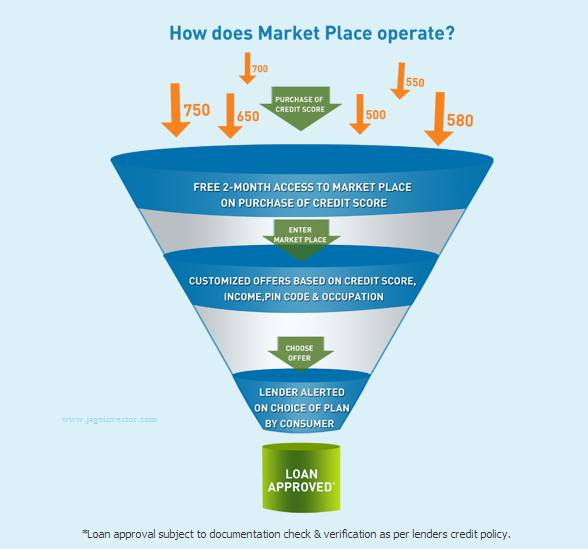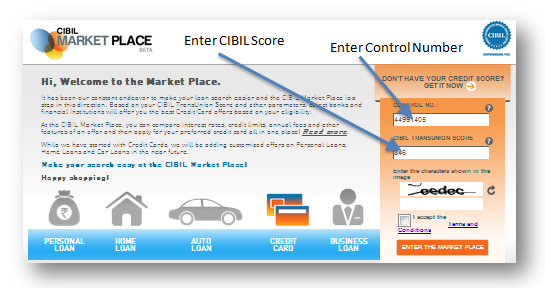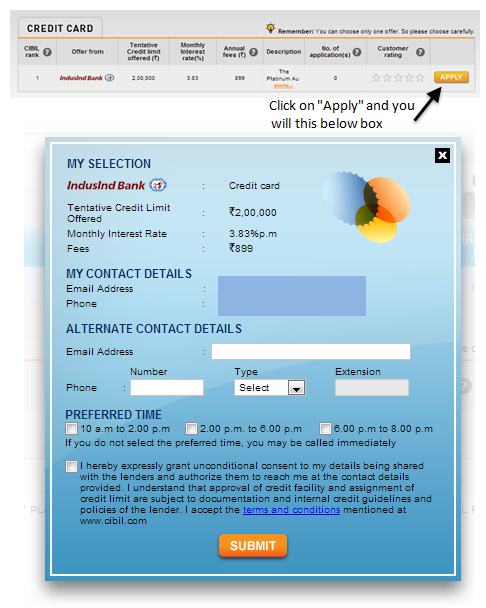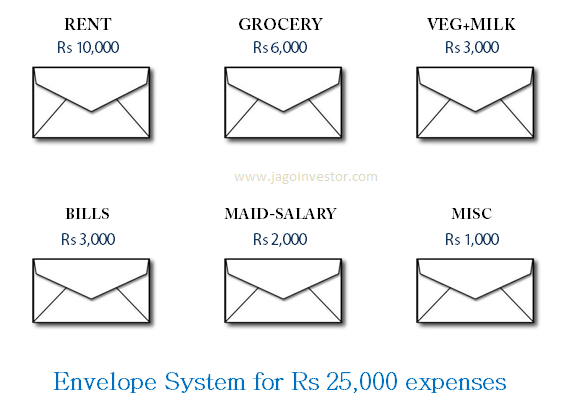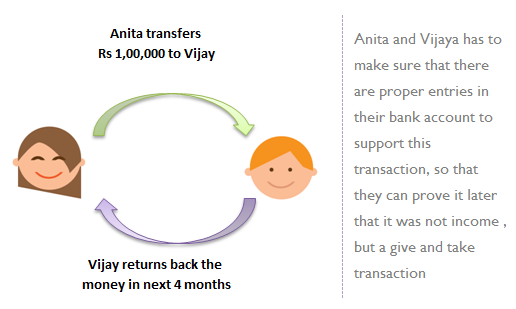Most of the people who join their first job, get benefits like RSU, ESOP and ESPP as part of their CTC package (infact this is how employers show a high CTC while recruiting).However most of the employees do not understand these things in the beginning. Over the next few months, they start getting some knowledge about these benefits as employee.
A lot of people confuse these 3 things with each other and often do not have a full understanding of what they mean and how they work and what are the tax implications when they exercise their benefits.We will now take each one of these and understand them.

In this articles lets understand all these 3 things – RSU , ESOP and ESPP in detail.
1. RSU (Restricted Stock Units)ESOP
RSU or Restricted Stocks units are very simple to understand. The Company gives company Stock to an employee without any conditions, however there is a vesting period involved. Vesting Period is the tenure for which you will have to wait, before you can claim those shares. So if a company gives you 100 RSU vesting in 2 yrs. That simply means that after 2 yrs, you will get 100 stocks of the company. It will be all yours and you are free to keep them or sell them after that. RSU’s are also a great way to reward the employees, like in 2012 WIPRO awarded 4.5 million RSU’s to its 1200 employees (mostly top management).
RSU’s are a great way to make sure that the employee stays with the employer for long term. Imagine a company, who gives 1000 RSU’s vesting in 4 yrs. An employee will thinking many times before changing his job, because if he leaves the job and moves to another company, then he will loose those RSU’s, which might be worth a lot of money depending on the stock price. I had myself got RSUs from Yahoo, when I joined them, but due to their declining stock price over so many years, RSUs were not a great motivator for me. It was just a bonus amount for myself.
RSU can also be given in phased manner sometimes, like 25% RSU each year. So if company is giving 100 RSU’s with condition of 25% RSU vesting each year, then 25 shares will vest in first year, then another 25% in 2nd year and like this, only after 4th year, an employee will be able to get all 100 stocks.
Its worth noting that if you leave a job, a lot of companies require you to sell your RSU’s in next few months. for example next 3 months.
2. ESOP (Employee Stock Options)
Employee Stock Options or ESOP are generally given by most of the big companies in India, especially IT companies which are listed outside India. ESOPs are nothing but “OPTIONS”, which are also in stock market in India (remember Future & Options?)
Let me tell you what Stock Options are in general. If a person has a Stock Option, he actually has a right to BUY a stock in future at a pre-decided price agreed at the time of giving those stock options. So in future whatever is the market price does not matter, you always have an option to buy it at the price which was agreed upon. In this case if market price of the stock is above the pre-decided price, then you can just exercise your options of buying the stock and instantly you will be in profit. If however, the current market price is less than the pre-decided price, then you choose not to exercise the stock option at all and nothing happens.
Let me give you an example. Let’s say that an employee joins a company on 1st Jan 2013. His company gives him 500 ESOPs with vesting period of 3 yrs and at the vesting price of Rs 200. What this means is that his vesting date is 1st Jan 2016 (after 3 yrs) , On that date, he has a OPTION to buy 500 stocks of the company at Rs 200 if he wishes. Now lets say on 1st Jan 2016 …
Case 1 – The stock price is Rs 800
In this case, the employee can exercise his option and he can get 500 stocks at only Rs 200 . At this moment, the employee will make a clean profit of Rs 600 each shares and a cool Rs 3,00,000 . Note that he does not have to pay anything here, when he exercises his option, he will automatically get his profit without putting anything from his pocket. It makes sense to exercise his option in this case, because vesting price is less than market price.
Case 2 – The stock price is Rs 130
In this case, it does not make any sense to exercise, because you will be in loss, because the price you have to pay is less than market price, so you let this option go.
Note : In case of stock options, you can never make any loss, it will always be some profit only.
3. ESPP (Employee Share Purchase Plan)
ESPP or Employee Share Purchase Plan is a benefit given by employer to its employees to purchase the stock of the company at a discounted price. In an ESPP plan, an employee has to contribute a part of this salary in ESPP plan each month. An employee can choose how much of his salary he wants to contribute by himself. It can range from 1% to 15% of his salary. All the money which he contributes gets accumulated for few months and then in one go, stocks are purchased for him at some discounted price. On what price the discount will be given depends on your company EPSS plan. However in general its the minimum of the prices in the start of the EPSS plan and at the end of the ESPP plan. Let me give you an example.
Suppose your company offers a ESPP plan twice a year which you can opt for, one window opens is Jan-June (where you can join in Jan only) and other is July to Dec (You can join in July only). So you will have to tell the company how much you want to contribute each month before hand. If you choose it to be 10% , then 10% of your salary will be cut for ESPP plan and you will get the rest in your hand.
Now suppose a person chooses Jan-June window and he is contributing 10,000 a month for this, then in next 6 months, he will accumulate Rs 60,000 for ESPP, and now at the end of the Plan he will be able to get the shares.
What will be the share price considered for him ?
Let’s say that the stock price in the start of the plan (Jan month) was Rs 100 and the stock price at the end of the plan (June) was Rs 120. Then the stock price considered for him will be minimum of 100 and 120 , which is Rs 100 and on this he will get 15% additional discount and his final price would be Rs 85 only.
Note that this example is assuming that minimum of two is taken , your company EPSS might just consider the “starting price” or “ending price” .. So please look at your company EPSS plan in detail.
When to choose ESPP plan ?
ESPP is a great way to get the stock price at discount, but one should anyways take care of few things. If company’s future prospects look great in future, then one should buy the stocks anyway, so ESPP becomes a great deal where you sure shot get 15% discount. However if company’s prospects look bad in future, then you have to figure out if it’d make any sense to go for ESPP plan or make a better use of your money elsewhere.
Below is a video from Salesforce which explains their ESPP plan, watch it to get a feel of how EPSS works ?
Taxation on RSU, ESOPs and ESPP
The taxation for RSU, ESOP’s and ESPP is governed by same rules, as all of them have to deal with stocks which a employee acquires and the taxation is pretty simple to understand. There are just two rules.
Tax to be paid in India
When you sell the your RSU/ESOP/ESPP (after vesting period is over) and get back the money, its your responsibility to pay the tax on the amount in India. How much tax is to be paid by you, depends on the nature of the gains. If you sell the shares before 1 year of acquiring the shares, then the gains are called Short Term Capital Gains (STCG) and if you sell the shares after 1 year, then the gains will logically be Long Term Capital Gains.
If stocks are listed in indian stock exchanges, then you have just have to pay 15% tax on Short Term Capital Gains and no tax on long term capital gains. However if stocks are not listed on indian stock exchanges, but some foreign country, then you will have to add the short term capital gains tax in your income and pay tax as per your slab rate, and 20% with indexation on the long term capital gains, which is the case when STT is not paid when the transaction is done.
Below is the simple table which will explain things to you
| Listed/Gain-Type | Short Term Capital Gain (Less than 1 yr) | Long Term Capital Gain (More than 1 yr) |
| Stocks Listed on Indian Stock Exchange | 15% Tax on Profits | No Tax |
| Stocks NOT Listed on Indian Stock Exchange | Profits will be treated as your Income and taxed as per your Slab | 20% with Indexation |
[/table]
Incase Stocks are listed on Foreign Stock Exchange
In these cases, it might happen that when you sell your RSU, ESOP’s or ESPP, the tax is directly cut by the trading portal like etrade (in US) and you only get reduced number of units (after tax). After that when you take the money back in India, you might have to pay the tax on the income again if the double tax treaty is not available with that country.
I hope, you got a lot of clarity about RSU (Restricted Stock Units), ESOPs (Employee Stock Options) , ESPP (Employee Share Purchase Plan). These are some of the benefits employees get and understanding them is very critical for them. Please share if you have any of these benefits and if you had any confusion around them?



